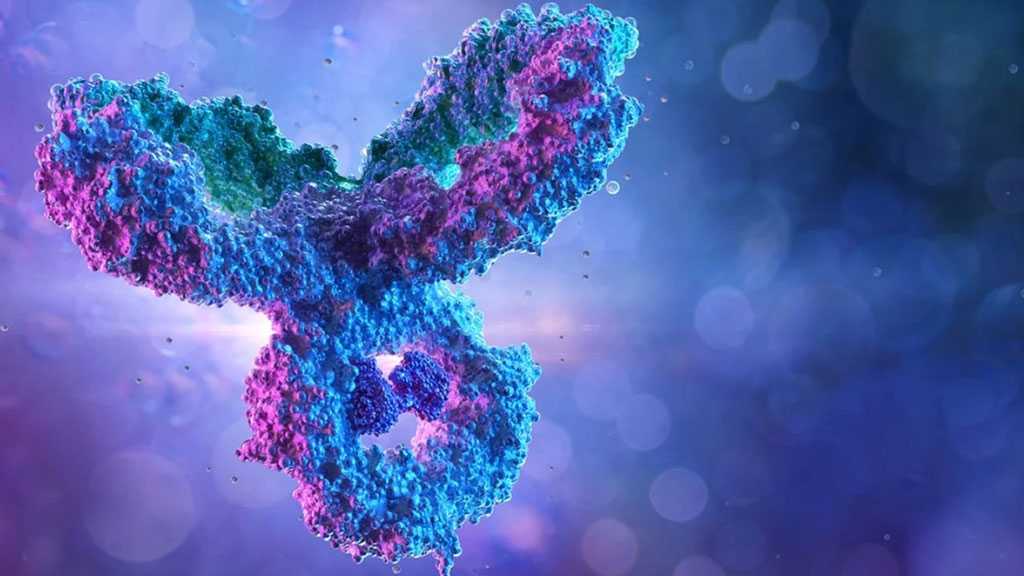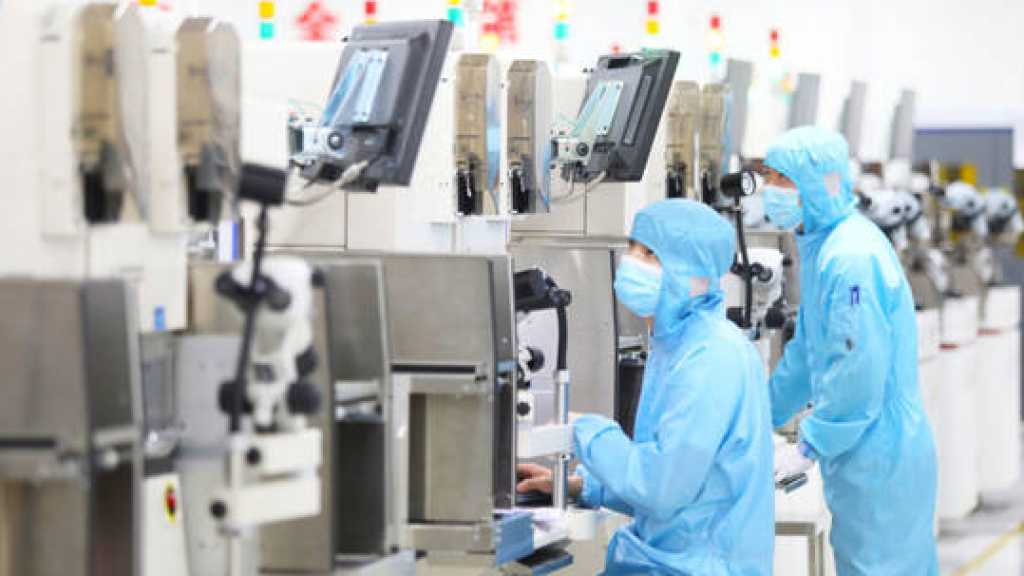COVID-19 Antibodies Stay For At least Nine Months, Risk of Re-Infection Low

By Staff, Agencies
The majority of those infected with COVID-19 maintain protective antibodies, which remain for at least nine months after a confirmed infection, a major Swedish study by the Danderyd Hospital and the Karolinska Institute has found.
The community study started this spring and examined long-term immunity in healthcare professionals. In the third phase of the study, the researchers found that almost all, 96 percent of the 370 participants who had developed antibodies this spring still had protective antibodies against the so-called spike protein of the virus after nine months, national broadcaster SVT reported.
What has been described as even more gratifying is that the researchers established that the antibodies seem to work better than originally thought. Weekly screenings indicated that fewer than 1 percent of the participants became infected again. The researchers had expected that the antibodies would only protect to a certain degree and that more people with antibodies would carry the virus without symptoms.
“This is very good news. The antibodies seem to work well, they protect you from getting sick but also from becoming infected and spreading it further,” Charlotte Thalin, a specialist doctor at the Danderyd hospital and responsible researcher for the Community study, told national broadcaster SVT.
Two-thirds of the participants who had antibodies also had a specific T-cell memory against the virus.
“There has been a lot of talk about whether you can get infected and obtain a T-cell memory but no antibodies, but that doesn't seem to be the case. Those who didn't have any antibodies also didn't have any T-cell memory against SARS-CoV-2”, Charlotte Thalin explains.
As the risk of re-infection has turned out to be extremely low, this may affect vaccination queues amid massive delays throughout Europe, including Sweden.
“If you have had confirmed COVID-19, I think you can be last in the queue for vaccines and let others who need the vaccine more go first”, researcher Charlotte Thalin said.
Comments
- Related News




